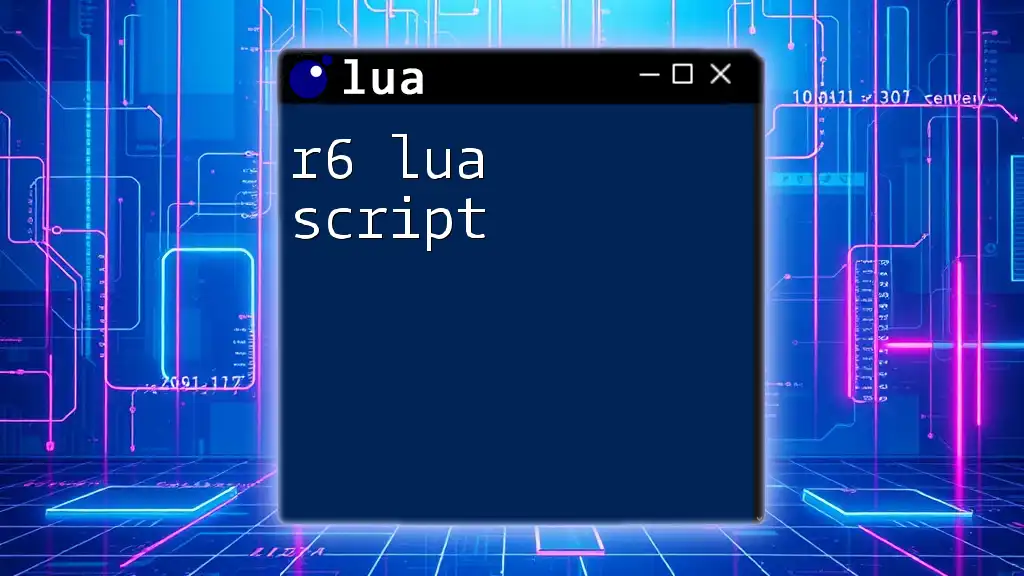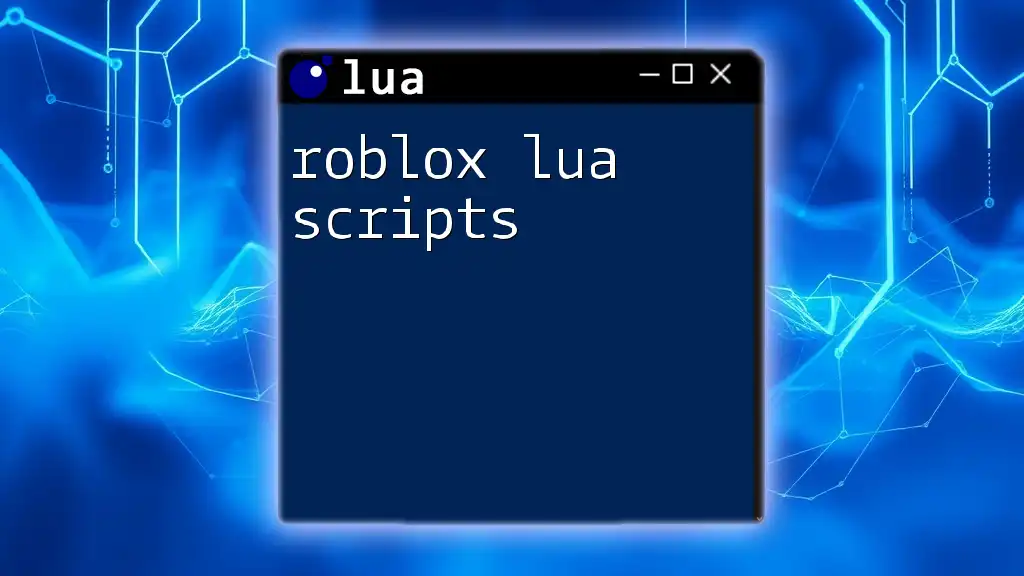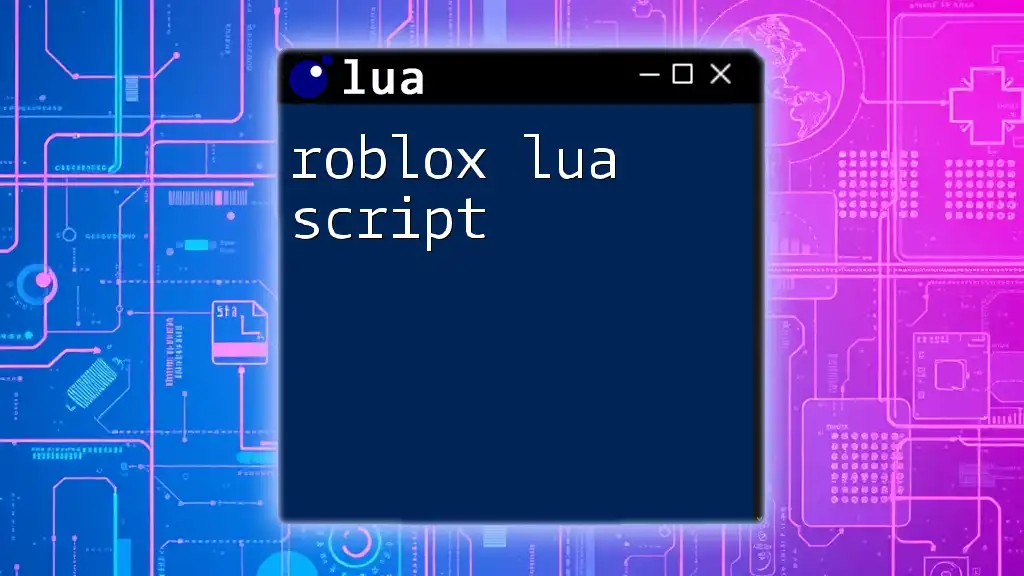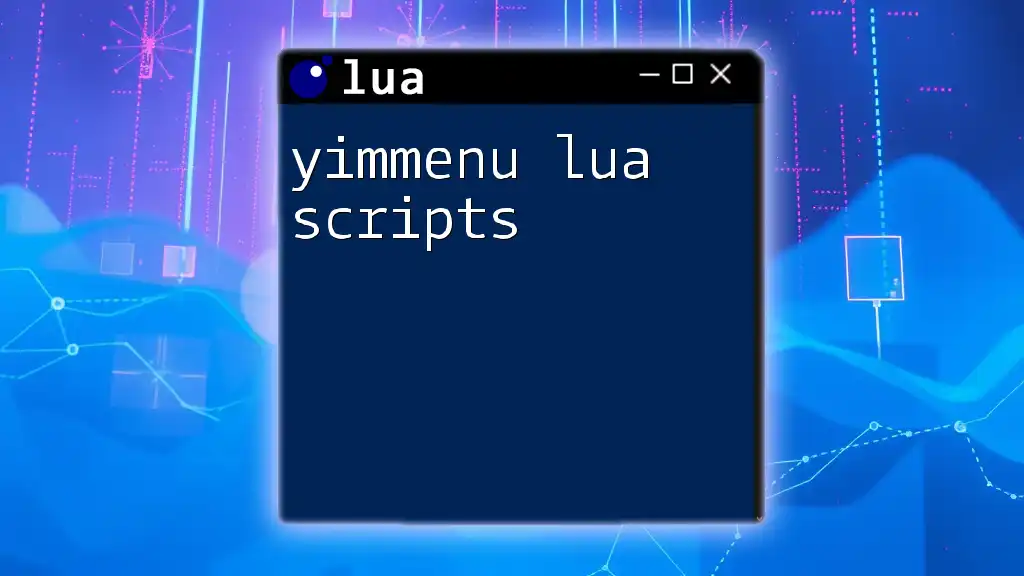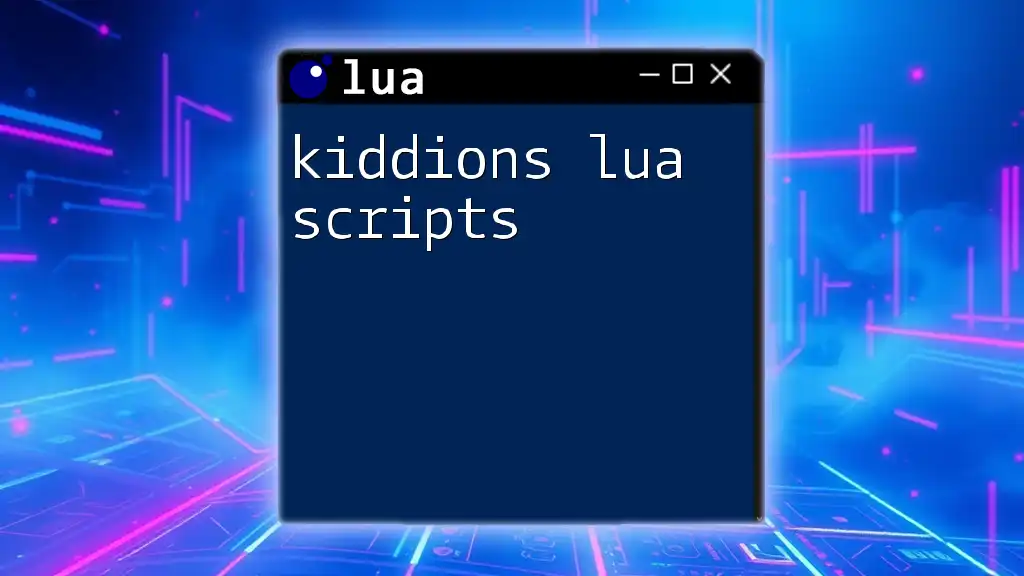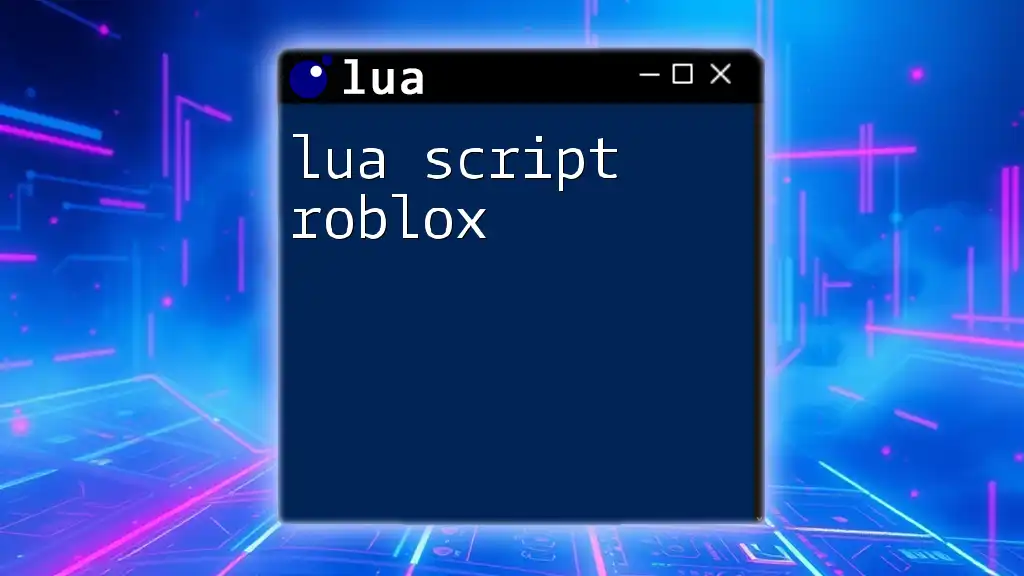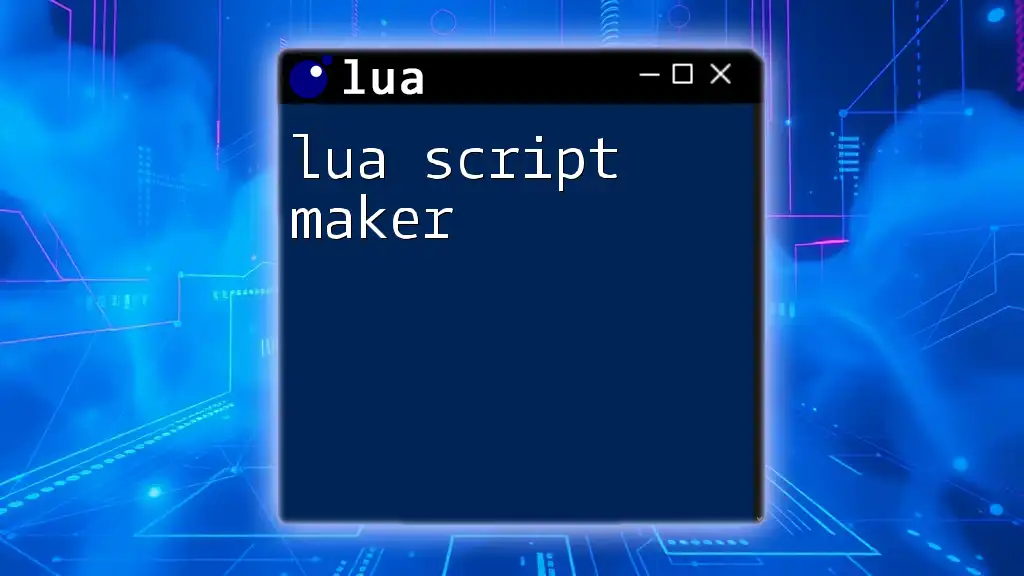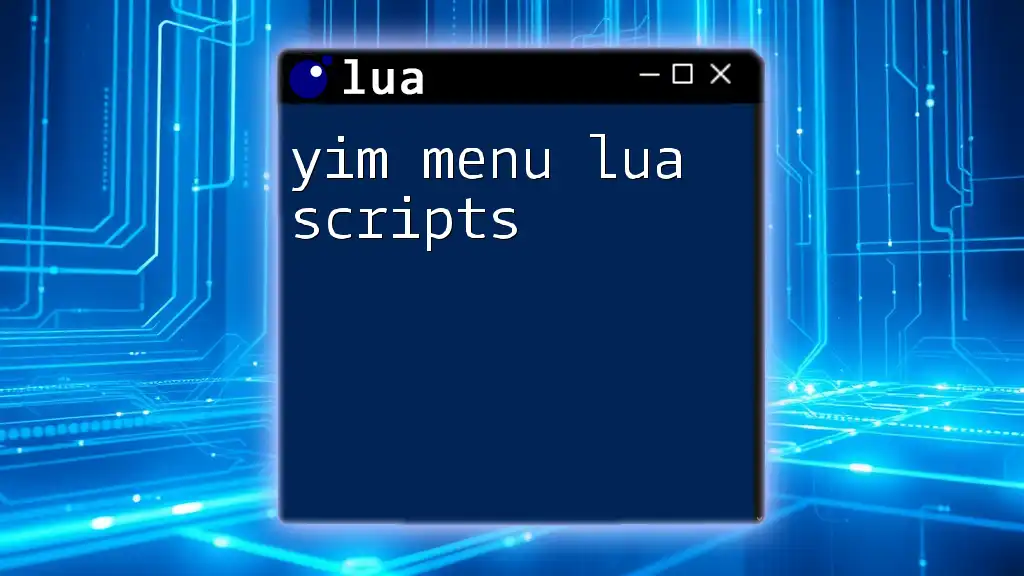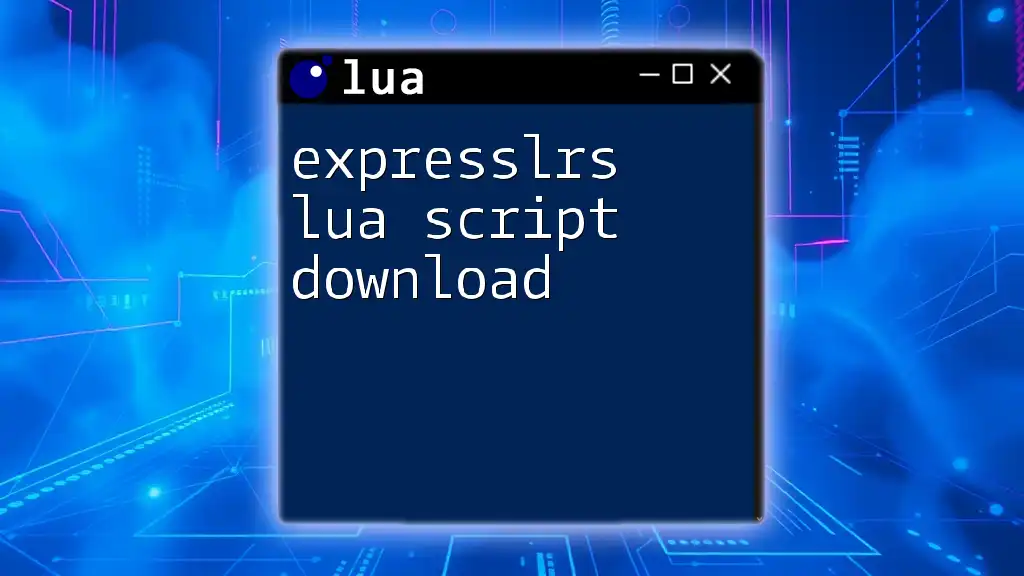R6 Lua scripts are customized code snippets used in Roblox to modify gameplay experiences and enhance functionality, such as creating a simple teleportation command.
Here's an example Lua script that teleports a player to specific coordinates:
local player = game.Players.LocalPlayer
local character = player.Character or player.CharacterAdded:Wait()
character:SetPrimaryPartCFrame(CFrame.new(0, 50, 0)) -- Teleports the player to coordinates (0, 50, 0)
Understanding R6 Lua Scripts
What is Lua?
Lua is a lightweight, high-level scripting language designed primarily for embedding in applications. Created in Brazil in the 1990s, it is known for its simplicity and flexibility, making it an excellent choice for game development. In the context of R6 (Rainbow Six Siege), Lua is chosen for its efficiency in scripting gameplay mechanics, events, and modifications. The key benefits of using Lua for scripting in R6 include:
- Ease of use: Its syntax is straightforward and easy to learn.
- Performance: Optimized for high performance, allowing for real-time game interactions.
- Community Support: Lua has a vast amount of documentation and community support, which makes it easier for beginners to find solutions.
Introduction to R6
Rainbow Six Siege is a popular tactical shooter game that allows players to engage in multiplayer gameplay with a focus on teamwork and strategy. In this game, Lua scripting plays a pivotal role in modifying and enhancing gameplay experience, whether through custom game modes, new mechanics, or automation of tasks. Understanding the basic terminologies and scripting concepts is essential for anyone looking to dive deep into R6 Lua scripting.
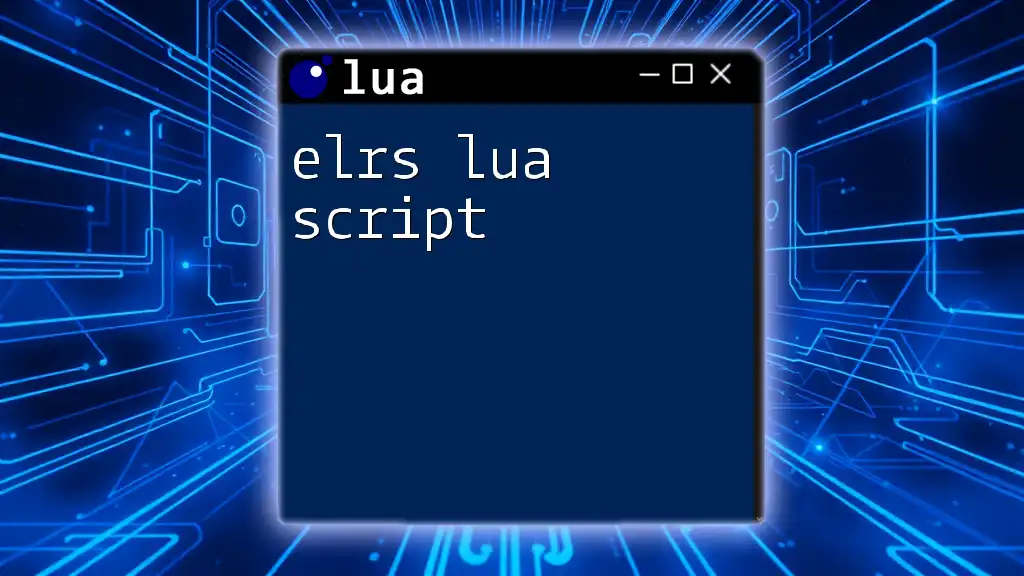
Setting Up Your Environment
Prerequisites
Before you start scripting in Lua for R6, you need to ensure that you have the necessary tools installed. These typically include:
- Lua Interpreter: You can download it from the official Lua website or use packages available for your operating system.
- Text Editor or IDE: A good code editor is crucial for writing and testing your scripts. Popular choices include Visual Studio Code, Atom, or Sublime Text.
Basic Configuration
After installation, you need to configure your editor for optimal Lua scripting. Be sure to enable syntax highlighting and set the file encoding to UTF-8 to avoid issues with special characters. Additionally, consider using plugins specific to Lua for code completion and linting, which help catch errors early.
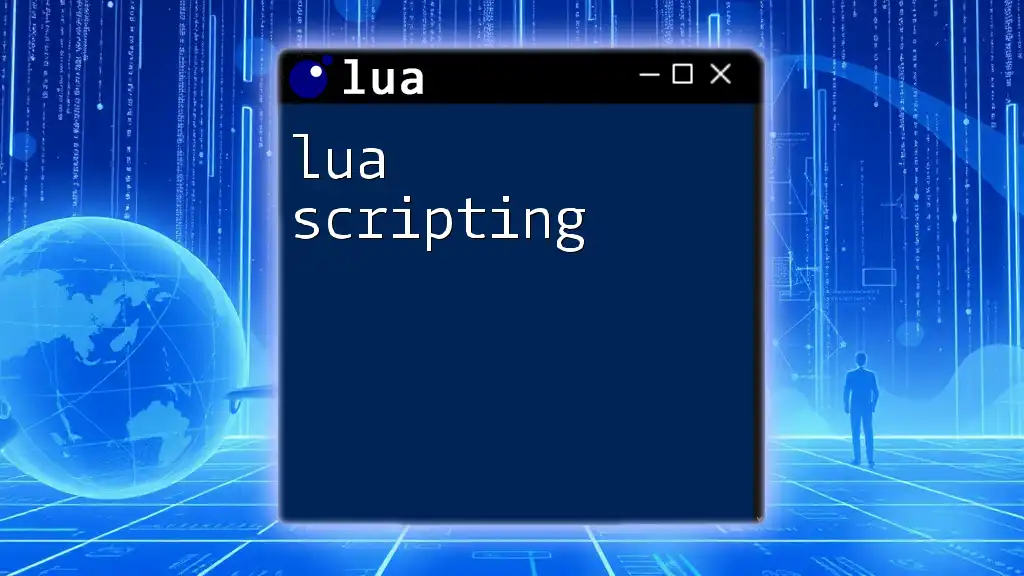
Essential Lua Concepts for R6
Variables and Data Types
In Lua, a variable is simply a named reference to a value stored in memory. Understanding the different data types is crucial, as they dictate how you can interact with these values. Lua supports several data types, including:
- Strings: Textual data.
- Numbers: Numeric data, both integers and floating-point numbers.
- Booleans: True or false values.
- Tables: The primary data structure in Lua, functioning like arrays or dictionaries.
Here's a brief example of how to create and use variables in R6 Lua:
local playerName = "OperatorX"
local playerHealth = 100
In this snippet, we define a player's name as a string and their health as a number. Using the `local` keyword ensures that these variables are scoped to the current block, preventing unintended interference.
Control Structures
Control structures allow you to manage the flow of your Lua scripts based on conditions and to repeat tasks. Two primary control structures are:
- Conditional Statements: These evaluate conditions and execute code based on true or false outcomes. Examples include `if-else` statements.
if playerHealth <= 0 then
print(playerName .. " has been eliminated!")
else
print(playerName .. " is still alive!")
end
- Loops: These enable repetitive actions. Lua supports several loop constructs. Here’s an example of a `for` loop iterating through a range:
for i = 1, 5 do
print("This is loop iteration " .. i)
end
This will print the iteration number five times, demonstrating how loops can simplify repetitive tasks in your scripting.
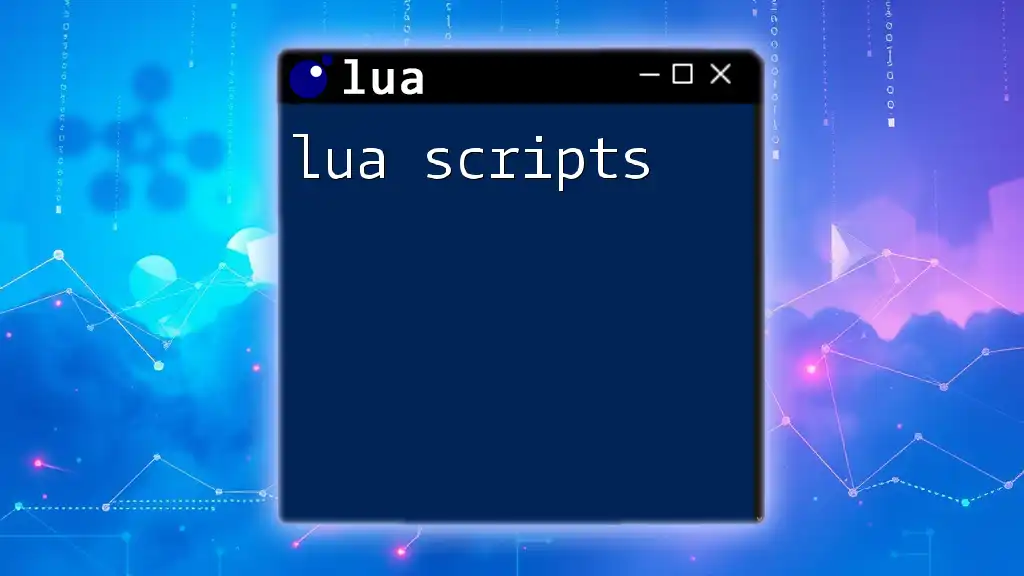
Creating Your First R6 Lua Script
Script Structure
When crafting your first R6 Lua script, it's important to follow a basic structure that ensures clarity and functionality. Here’s a simple breakdown:
- Use comments to explain what each part of your code does, improving readability.
- Organize code into functions for modularity and reuse.
Sample Script
To illustrate the basic structure, consider this simple R6 Lua script:
-- Simple R6 Lua Script
function onGameStart()
print("Game has started!")
end
onGameStart() -- Calling the function
In this script, we define a function `onGameStart()` that prints a message indicating the game's start. We then call this function to execute its code. This is a foundational concept you will build upon as you enhance your scripting skills.
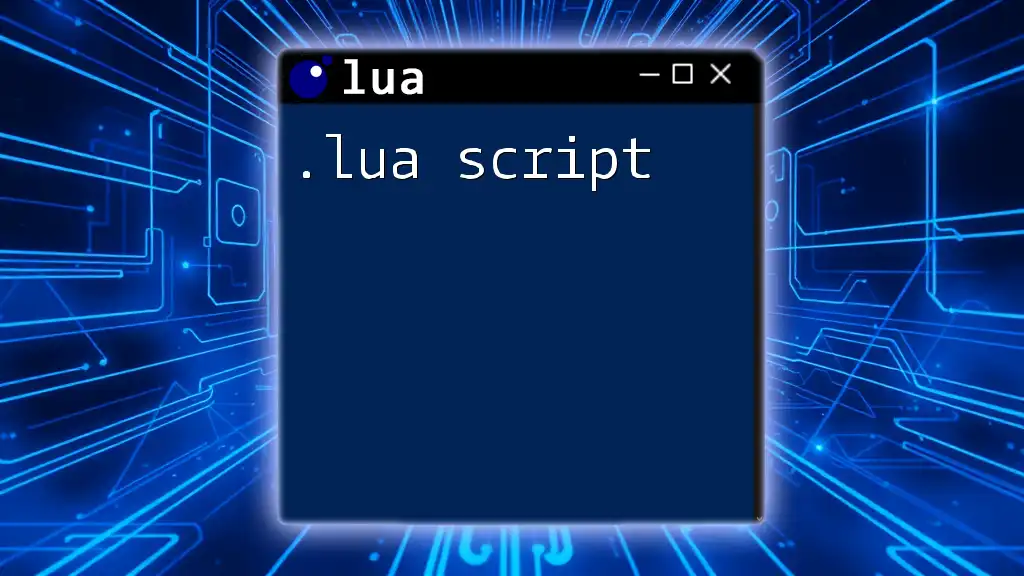
Advanced R6 Lua Scripting Techniques
Functions and Modules
Functions are a critical part of Lua scripting, allowing you to create reusable blocks of code. Functions can accept arguments, return values, and support various scopes. Below is an example of a function with parameters and a return statement:
function calculateDamage(baseDamage, multiplier)
return baseDamage * multiplier
end
local totalDamage = calculateDamage(50, 2) -- totalDamage equals 100
Modules in Lua allow you to group related functions and data, promoting better organization in larger scripts. You can create a module by returning a table of functions.
Event Handling
In R6 Lua scripting, handling events dynamically enhances your game interactions. Events are actions that occur in the game, like players joining or leaving. Here’s an example of how to create an event listener for a player joining the game:
function onPlayerJoin(player)
print(player .. " has joined the game.")
end
This function outputs a message each time a player joins, allowing you to customize player interactions further.
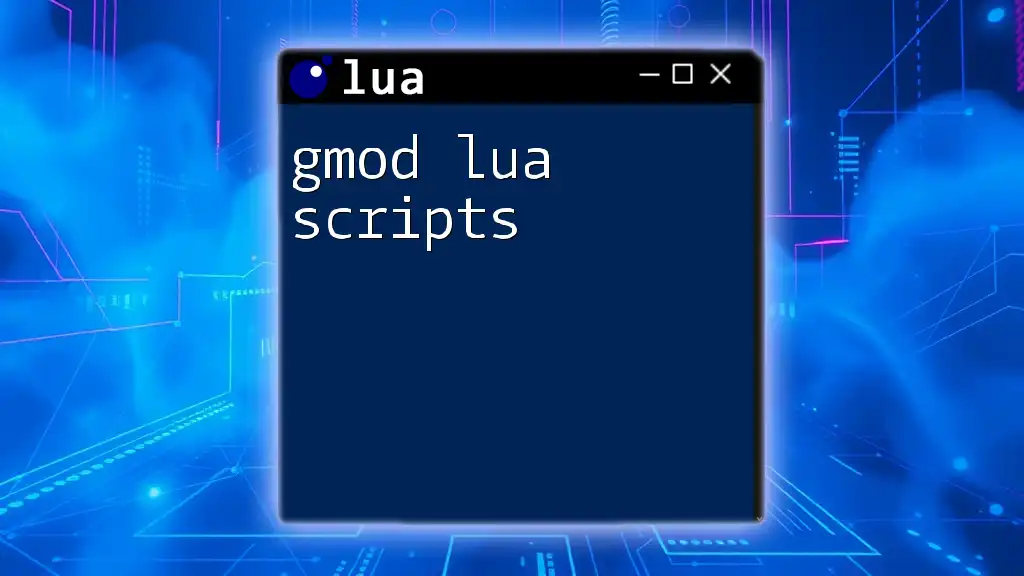
Troubleshooting and Best Practices
Debugging Lua Code
Debugging is a vital skill in script development. Common errors in Lua include syntax errors, runtime errors, and logical errors. Familiarize yourself with error messages, as they provide clues to what went wrong. Use the print statement liberally to inspect variable values and flow.
Best Practices for Writing Lua Scripts
To write efficient and maintainable Lua scripts, consider the following best practices:
- Organize your code: Group related functions and logically structure your code.
- Comment appropriately: Comments help both you and others understand your code later.
- Optimize for performance: Avoid creating unnecessary variables in loops and use local variables whenever possible.
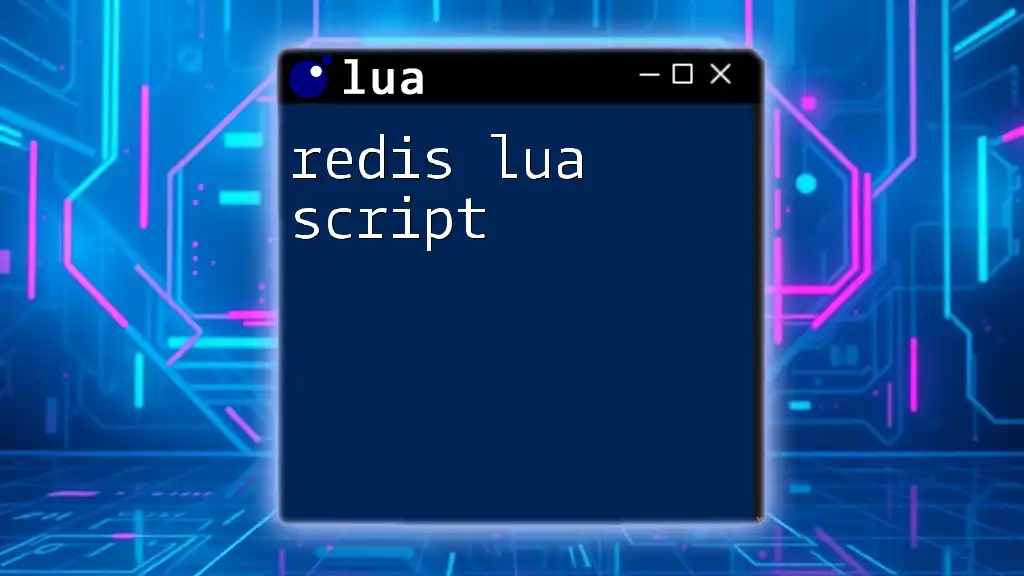
Conclusion
In this guide, we’ve covered the essentials of R6 Lua scripting, from understanding Lua and R6 concepts to writing your first script and applying advanced techniques. This foundation paves the way for countless possibilities in enhancing gameplay and custom game experiences in Rainbow Six Siege. Keep experimenting, and don't hesitate to seek out the community for support and inspiration.
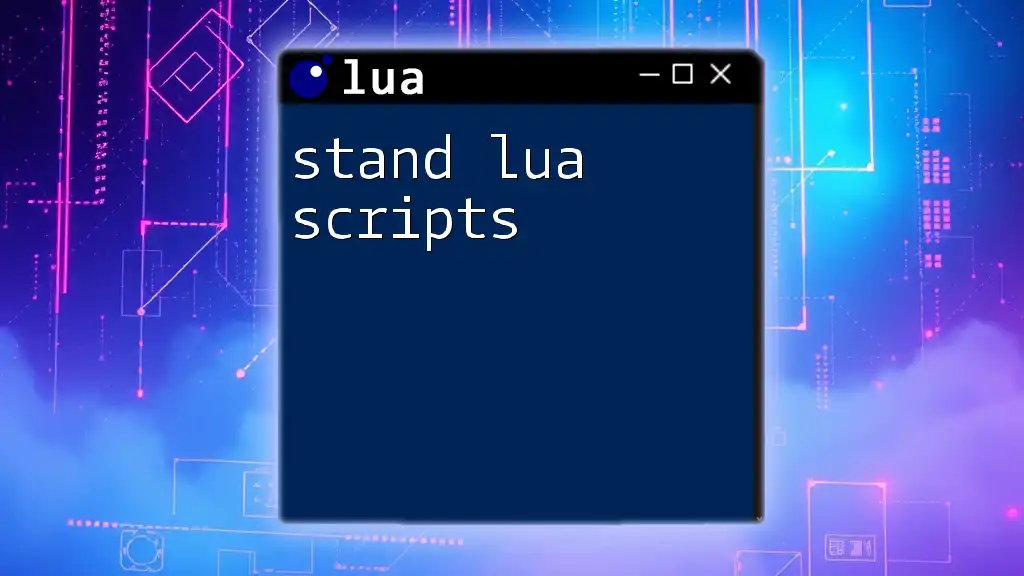
Additional Resources
Recommended Reading
To deepen your understanding of Lua and R6 scripting, make sure to explore the official Lua documentation, online courses, and dedicated books on game scripting.
Join the Community
Engaging with Lua scripting communities online can provide invaluable support and resources. Networking with other Lua enthusiasts can enhance your learning experience and collaborative opportunities in modding R6.

